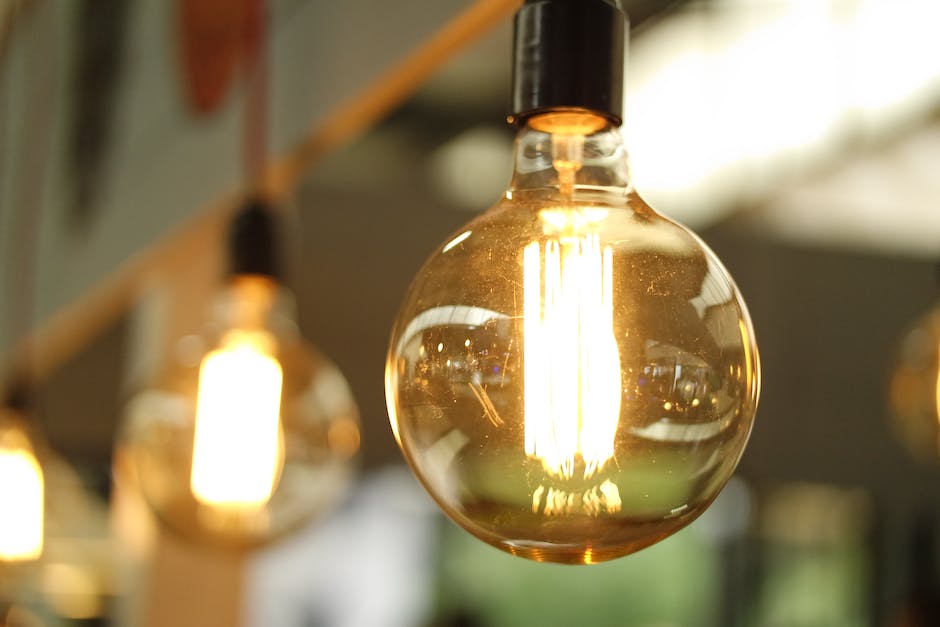Discover the Secret to Achieving Maximum Efficiency and Productivity by Slowing Down

In today’s fast-paced world, the idea of slowing down to achieve maximum efficiency and productivity may seem counterintuitive. However, research and real-life examples have shown that this approach can yield significant benefits. This article will delve into the concept of slowing down, providing answers to common reader questions and offering valuable insights into how this strategy can enhance your productivity.
What Does Slowing Down Mean?
Slowing down doesn’t mean being lazy or procrastinating. Instead, it refers to the practice of taking the time to focus on one task at a time, rather than trying to multitask. It involves being mindful of your actions, reducing distractions, and giving your full attention to the task at hand. By slowing down, you can improve the quality of your work, reduce stress, and ultimately increase your productivity.
How Can Slowing Down Increase Productivity?
Research has shown that multitasking can actually reduce productivity by as much as 40%. This is because our brains are not designed to handle multiple tasks at once. When we try to do so, we end up splitting our attention and making more mistakes. On the other hand, when we slow down and focus on one task at a time, we can complete it more efficiently and accurately.
Case Study: The Power of Slowing Down
A case study that illustrates the power of slowing down is the story of a software development company. The company was struggling with missed deadlines and low-quality products. They decided to implement a “slow down” strategy, where they focused on one project at a time, rather than juggling multiple projects. The result was a significant improvement in the quality of their products and a reduction in missed deadlines.
How Can I Implement Slowing Down in My Life?
Implementing a slowing down strategy in your life can be achieved through the following steps:
- Practice mindfulness: Be present in the moment and focus on the task at hand.
- Reduce distractions: Turn off notifications on your devices and create a quiet, clutter-free workspace.
- Single-task: Instead of trying to multitask, focus on one task at a time.
- Take breaks: Regular breaks can help to refresh your mind and maintain your focus.
What Are the Benefits of Slowing Down?
Slowing down can have numerous benefits, including:
- Increased productivity: By focusing on one task at a time, you can complete it more efficiently and accurately.
- Improved quality of work: When you slow down, you can give more attention to detail, resulting in higher quality work.
- Reduced stress: Slowing down can help to reduce stress and improve mental health.
- Better decision making: By slowing down, you can take the time to consider all options and make more informed decisions.
Conclusion
In conclusion, slowing down can be a powerful strategy for increasing productivity and efficiency. By focusing on one task at a time, reducing distractions, and practicing mindfulness, you can improve the quality of your work and reduce stress. So, why not give it a try? You might be surprised at the results.



